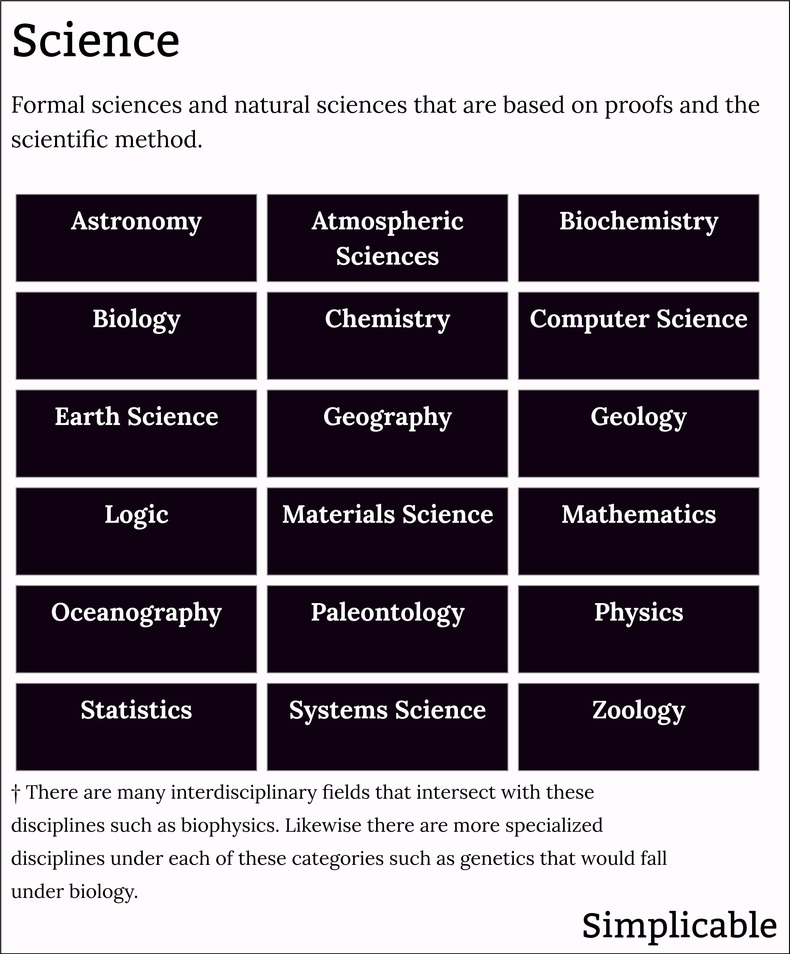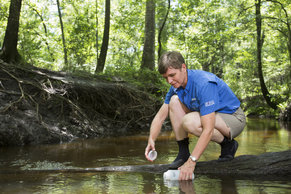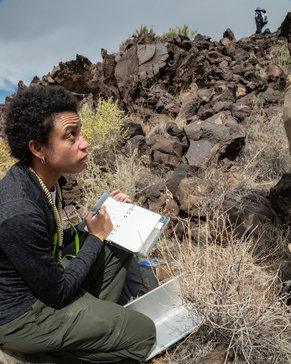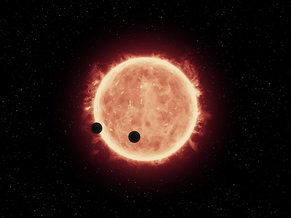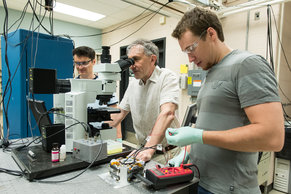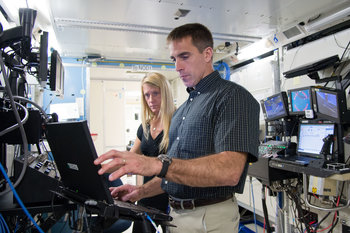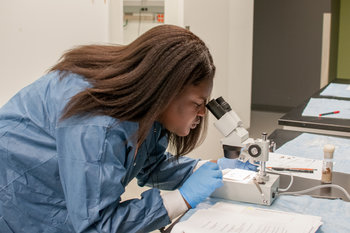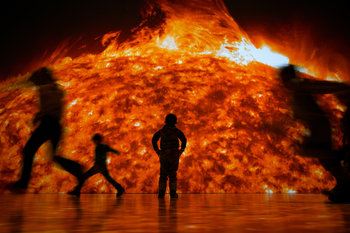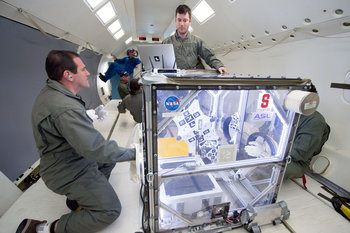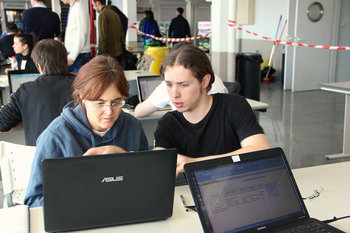
Formal Science
Formal sciences are systems of knowledge based on abstract concepts represented by symbols such that they are widely applicable to other sciences. These are often based on proofs such that these systems are internally correct with a high degree of certainty.Computer Science | Logic |
Mathematics | Statistics |
Systems Science |
Natural Science
Natural science is the use of science to understand the physical world. As these sciences deal with physical and observable phenomena these are considered hard science whereby the standard of proof is very high to have a theory accepted. Compliance with the scientific method is relatively high in the natural sciences with peer review and reproducibility required for acceptance of a theory.Astronomy | Atmospheric Sciences |
Biochemistry | Biology |
Chemistry | Earth Science |
Geography | Geology |
Materials Science | Oceanography |
Paleontology | Physics |
Zoology |
Applied Science
The use of science to solve real world problems. This is considered with the discovery of know-how and development of actionable plans using foundational knowledge created by formal sciences and natural sciences. For example, an architect who uses physics, mathematics and material science to determine the wind load the facade of a building can tolerate.Aeronautical Engineering | Agricultural Science |
Applied Mathematics | Applied Physics |
Architecture | Bioengineering |
Chemical Engineering | Civil Engineering |
Computer Engineering | Electrical Engineering |
Environmental Science | Forensic Science |
Health Science | Industrial Engineering |
Mechanical Engineering | Medicine |
Pharmacology | Physical Therapy |
Space Science | Spatial Science |
Veterinary Medicine |
Social Science
Social science is the study of societies and individuals. This is considered a soft science whereby theories may be based on informal logic, imprecise measurement or studies that lack scientific rigor. In fields such as psychology, it is common for studies that do conform to the scientific method to fail to be verified by subsequent studies†.Anthropology | Archaeology |
Cognitive Science | Communication Science |
Economics | Human Geography |
Library Science | Linguistics |
Political Science | Psychology |
Sociology |
Overview
Science is a systematic endeavor characterized by the formulation and empirical testing of falsifiable hypotheses to understand natural phenomena. This is based on formal sciences, particularly mathematics, logic and statistics.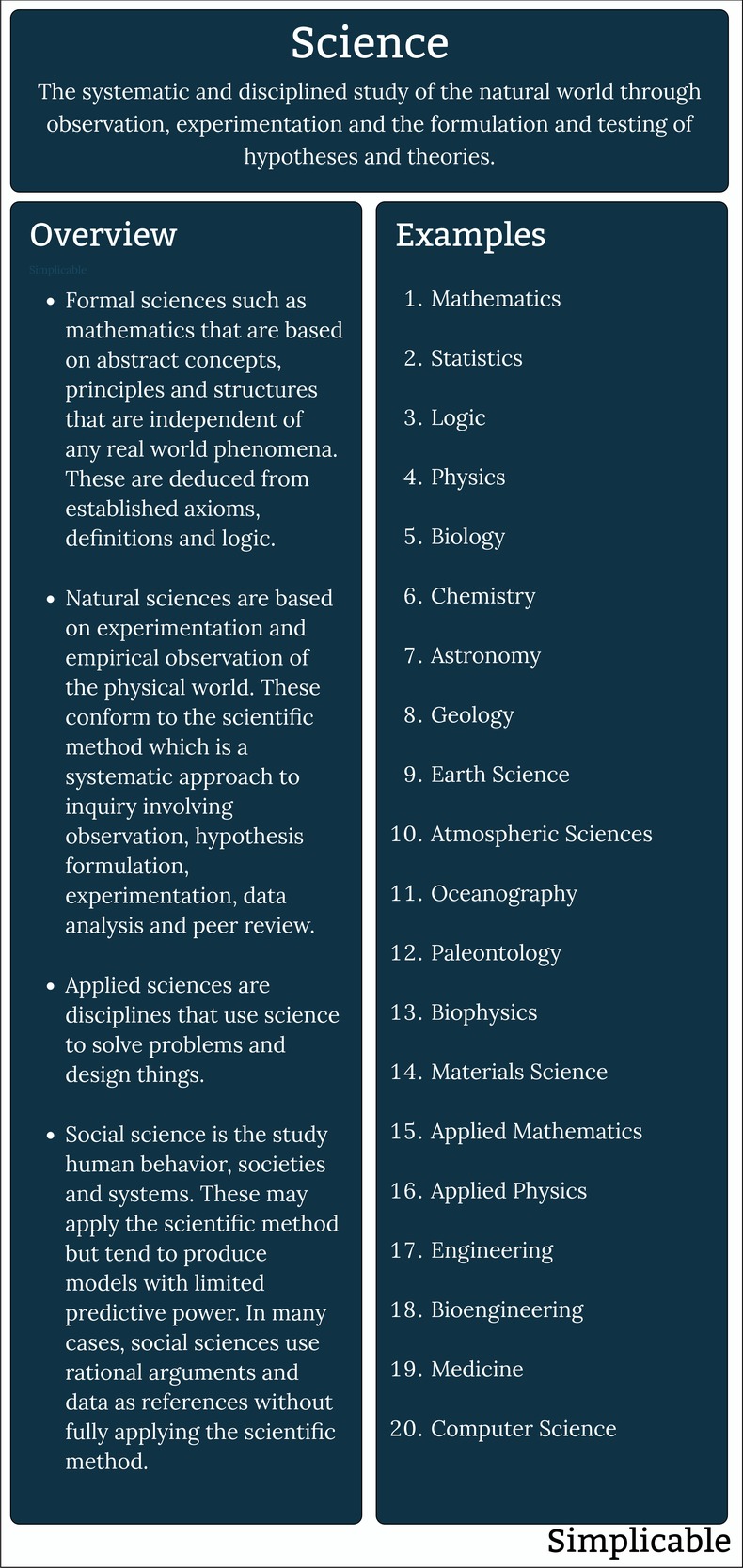
Summary
The following are the basic types of formal and natural science. Each of these has many subfields and related interdisciplinary fields that involve multiple sciences.